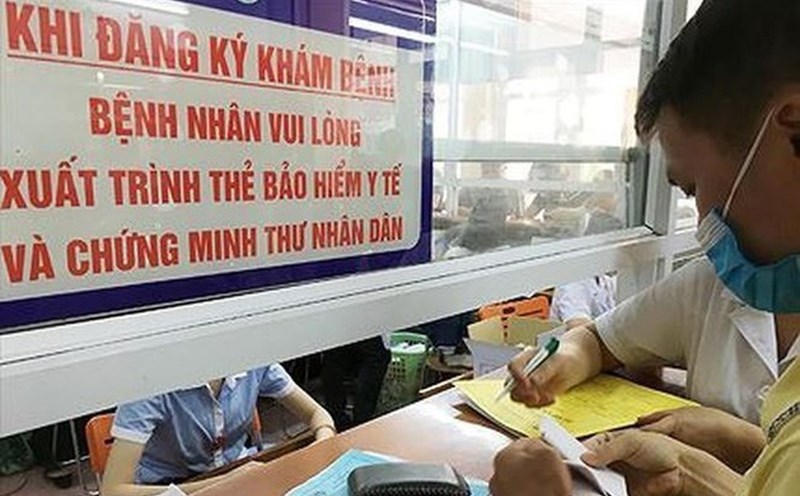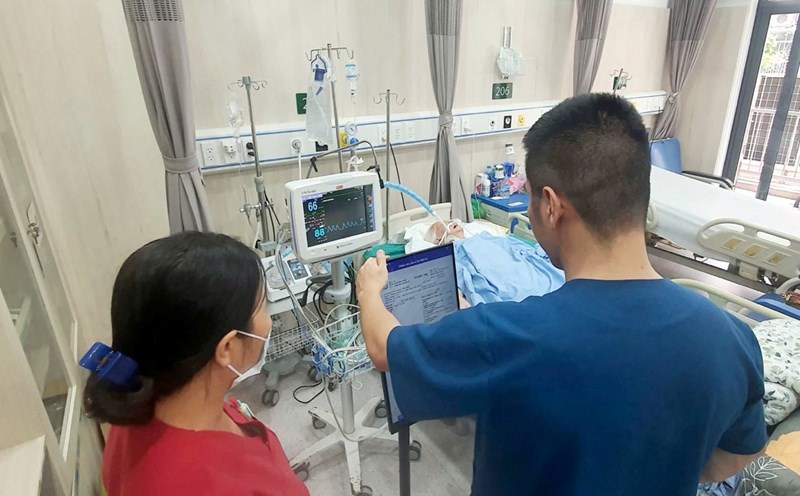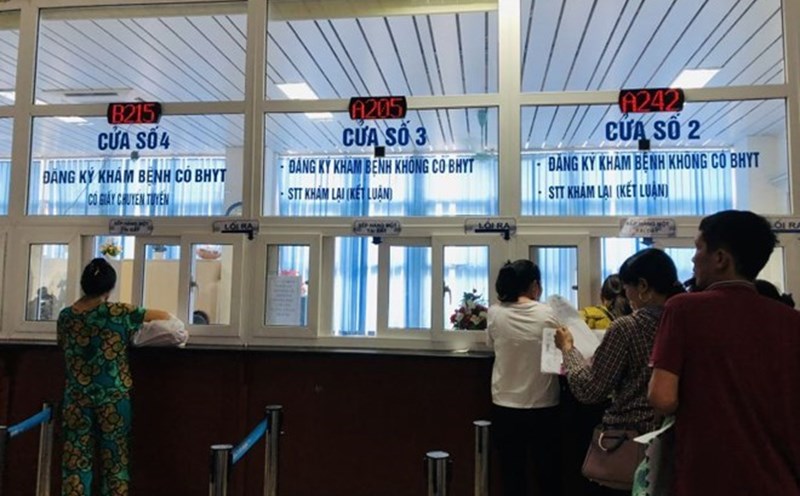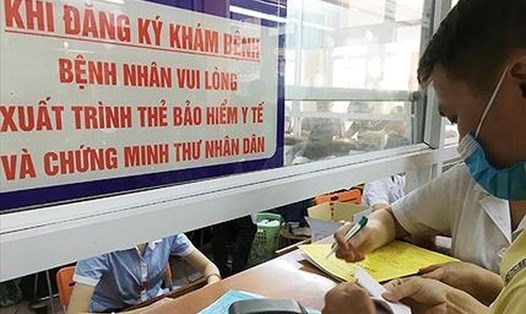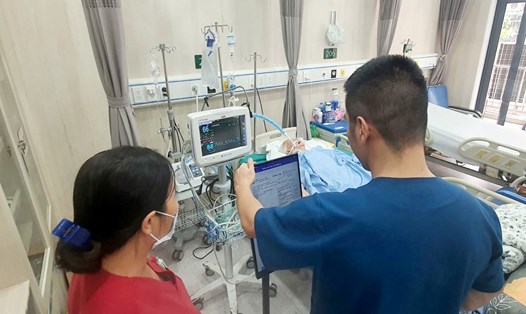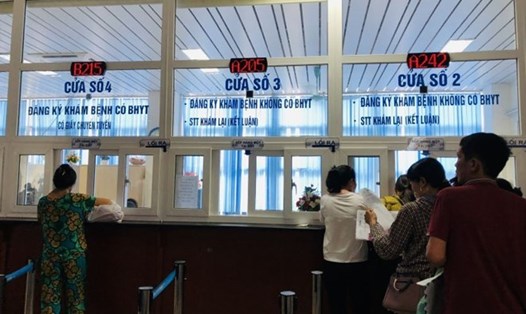There are thousands of serious illnesses, also known as serious diseases. However, according to the Circular guiding the Law on Health Insurance, the Ministry of Health only selected 62 diseases that are rare, dangerous and require surgery or advanced techniques, helping patients access timely treatment without having to go through complicated administrative procedures.
Public opinion is wondering why the Ministry of Health chose 62 diseases and not less or more?
In response, Ms. Tran Thi Trang - Director of the Department of Health Insurance said at the National Conference on implementing Circular No. 01/2025/TT-BYT, dated January 2, 2025, that these diseases are rare, dangerous, requiring surgery or high technology, which low-level medical facilities are not capable of diagnosing and treating.
Based on this criterion, it is reasonable for the Ministry of Health to choose 62 diseases in 6 groups of diseases including tuberculosis and fungal infections; Cancer; Rare metabolic diseases; Neurological diseases; Congenital malformations and sequelae; Post-surgical diseases and others...
And this is very important for patients at lower levels, where medical facilities and expertise are limited.
Thanks to this regulation, patients and their families not only save on travel and transportation costs but also reduce the financial burden associated with care and treatment at lower levels before being transferred to higher levels.
This is a practical effort, first of all, by the Ministry of Health to reduce household out-of-pocket expenses, while effectively using the health insurance fund.
In particular, this choice helps to reasonably classify patients, avoiding overload at upper-level hospitals due to the common mentality of people, only when they hear about serious illness do they want to transfer to a higher level to feel secure.
In reality, not all diseases need to be transferred to higher levels, because many diseases can be effectively treated at lower levels if sufficient resources and expertise are invested.
As analyzed, the Ministry of Health's specific designation of 62 diseases that are allowed to be transferred to higher levels is completely reasonable in the current context, as well as having great significance in improving the quality of medical services and optimizing health insurance resources.
However, for this regulation to be truly effective, the Ministry of Health needs to have extensive propaganda campaigns, especially at medical facilities, about the policy and list of serious diseases that can be referred to higher levels so that people can clearly understand and understand.
Fully understanding this content will help patients avoid worries and concerns, and at the same time better coordinate with medical facilities.
Don't let people complain about too many complicated and cumbersome procedures before the referral form is abolished, not to mention that some places still have negative consequences, causing frustration for patients and their families; when the referral form is abolished, they continue to complain, claiming that the health system is unfair to patients.



